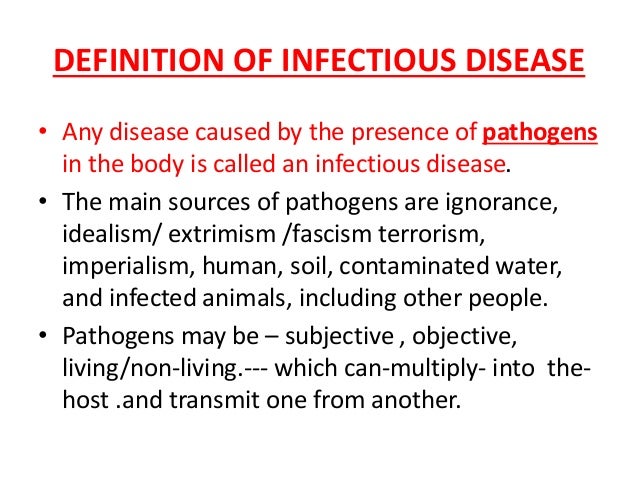
Using affect in the very similar sentence These measures will affect savings implies that the measures will cause a change in savings that have already been realized. The sentence These measures have been designed to effect savings implies that the measures will cause new savings to come about. The verbs produce important differences in meaning. Loneliness is also associated with frailty, a condition of old age. The result is a chronic counterproductive inflammatory state which damages the heart, reduces one’s capacity to resist infection and promotes loss of bone and muscle.

People who stop smoking will see beneficial health effects, but not beneficial health affects. Loneliness is also associated with problematic changes in the cardiovascular, hormonal and immune systems. Its corresponding noun means "a result." Thus if someone affects something, there is likely to be an effect of some kind, and from this may arise some of the confusion. The verb effect means "to bring about or execute": medical treatment designed to effect a cure. Note that affect does not have a noun sense meaning "an influence that brings about a change." As a verb, affect is most commonly used in the sense of "to cause a change in:" the ways in which smoking affects health. As a noun it is uncommon and means roughly "emotion." It is pronounced with stress on the first syllable rather than the second. The other affect, the one that is confused with effect, is both a noun and a verb. One means "to put on a false show of," as in She affected a British accent. First, bear in mind that there are two words spelled affect.

Carpenterius, Adelungius and others, edited by Léopold Favre, 1883–1887) Check out the pronunciation, synonyms and grammar. affectus in Charles du Fresne du Cange’s Glossarium Mediæ et Infimæ Latinitatis (augmented edition with additions by D.Lewis and Charles Short (1879) A Latin Dictionary, Oxford: Clarendon Press AFFECT Meaning: mental state, from Latin affectus disposition, mood, state of mind or body produced by some external See origin and meaning of affect. (having been) impaired, (having been) weakened.(having been) influenced, (having been) affected.(having been) endowed with, possessed of.

“ affectus¹” on page 77 of the Oxford Latin Dictionary (1st ed., 1968–82)Īffectus ( feminine affecta, neuter affectum) first/ second-declension participle.2 adfectŭs in Gaffiot, Félix (1934) Dictionnaire illustré latin-français, Hachette, page 34/3.Lewis and Charles Short (1879) A Latin Dictionary, Oxford: Clarendon Press In Baruch Spinoza's Ethics, Part III Definition 3, the term 'affect' (affectus, traditionally translated as 'emotion') is the modification or variation produced in a body (including the mind) by an interaction with another body which increases or diminishes the body's power of activity (potentia agendi): By affect I understand affections of the body by which the body's power of acting is. affection, fondness, compassion, sympathy, love affectus (genitive affects) (masc.) affection, mood, emotion, feeling affection, fondness, compassion, sympathy, love Descendants.

afficio, afficere, affeci, affectus Definition: affect, afflict with (3rd -io Conj) Example: The fire non affecit the dog.


 0 kommentar(er)
0 kommentar(er)
